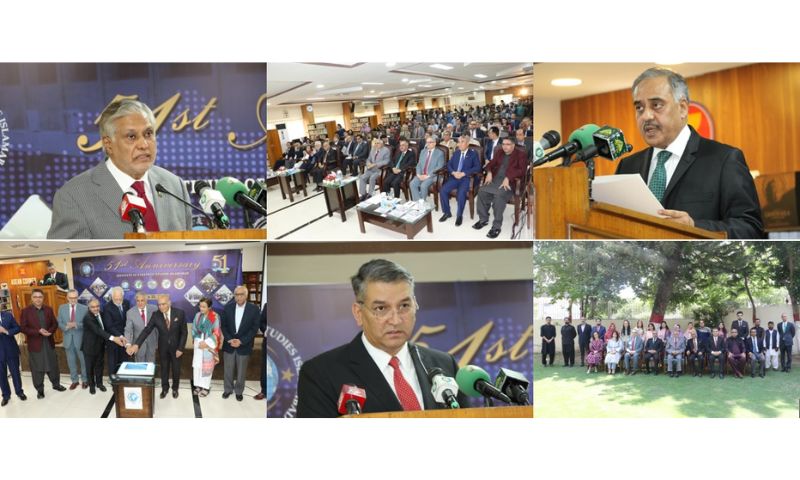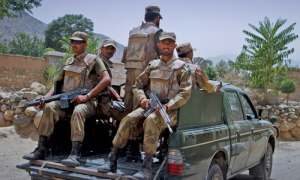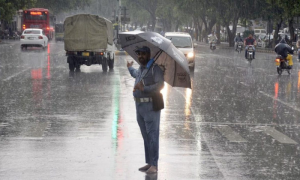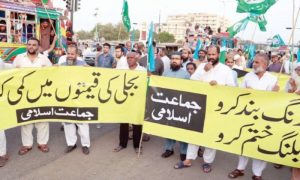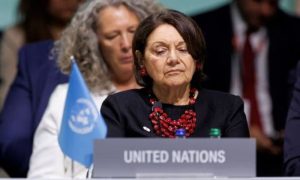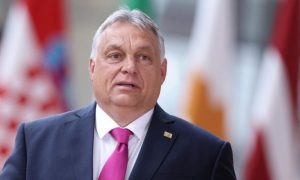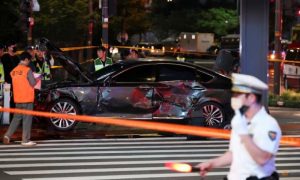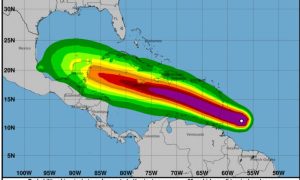ISLAMABAD: The Institute of Strategic Studies Islamabad (ISSI) celebrated its 51st founding anniversary with celebrations attended by Pakistan’s Deputy Prime Minister and Foreign Minister Ishaq Dar as the Chief Guest.
At the event, Ambassador Sohail Mahmood, Director General of ISSI, highlighted the institute’s evolution into a prominent public sector think-tank, supported by Pakistan’s Foreign Ministry and guided by the ISSI’s Board of Governors.
Ambassador Sohail Mahmood emphasized ISSI’s initiatives over the past year to bridge academia and policy-making, facilitate inclusive dialogues, and enhance research standards.
He outlined ISSI’s thematic priorities including global and regional security analyses, economic pivot strategies, and strengthening Pakistan’s strategic engagements.
In his address, Deputy Prime Minister Mohammad Ishaq Dar discussed Pakistan’s foreign policy in a changing global landscape, noting significant geopolitical shifts and emerging challenges.
He emphasized the importance of global cooperation in addressing traditional and non-traditional security threats, highlighting Pakistan’s stance on regional stability, including its approach to Afghanistan and India-Pakistan relations.
Dar underscored Pakistan’s strategic partnerships with China, Iran, Gulf countries, Turkiye, Central Asia, and Azerbaijan, stressing regional connectivity and economic integration efforts. He reaffirmed Pakistan’s commitment to autonomy in foreign policy, emphasizing relations with major global powers and regional cooperation frameworks.
The event concluded with ISSI presenting special publications to the Deputy Prime Minister, followed by a ceremony honoring the Chief Guest with a shield and a cake-cutting ceremony.
Attendees included former diplomats, senior officials, members of the diplomatic corps, academics, researchers, civil society representatives, and media personnel.
The event was attended by a large number of former diplomats, senior officials, members of the diplomatic corps, academics, scholars and researchers, civil society representatives, think tanks, and media professionals.
Deeply honoured to have DPM/FM Ishaq Dar as chief guest at ISSI’s 51st anniversary. His comprehensive statement covers all aspects of 🇵🇰’s foreign policy in a transforming world. Event attended by foreign diplomats; officials; academics; & reps of think-tanks, business & media. pic.twitter.com/Wz08yZcRed
— Institute of Strategic Studies Islamabad (@ISSIslamabad) June 25, 2024









